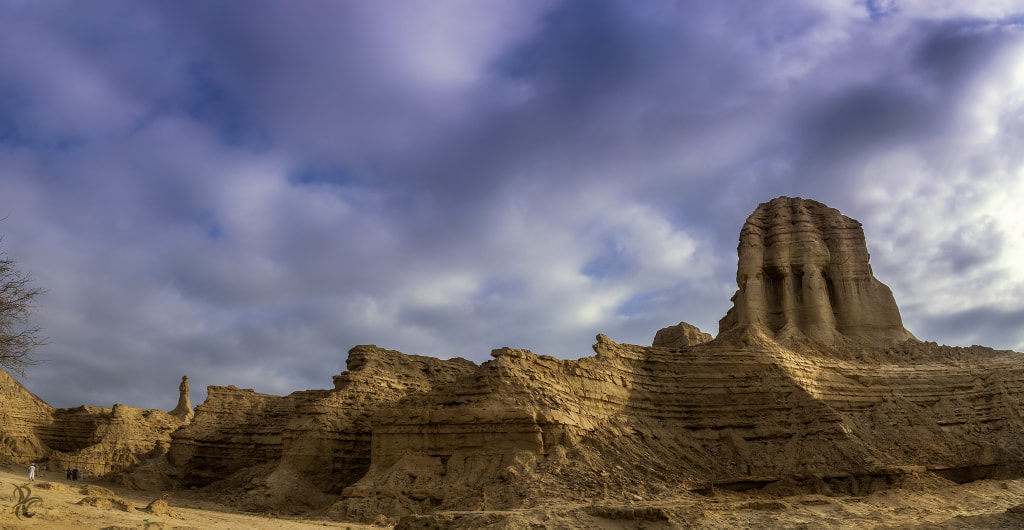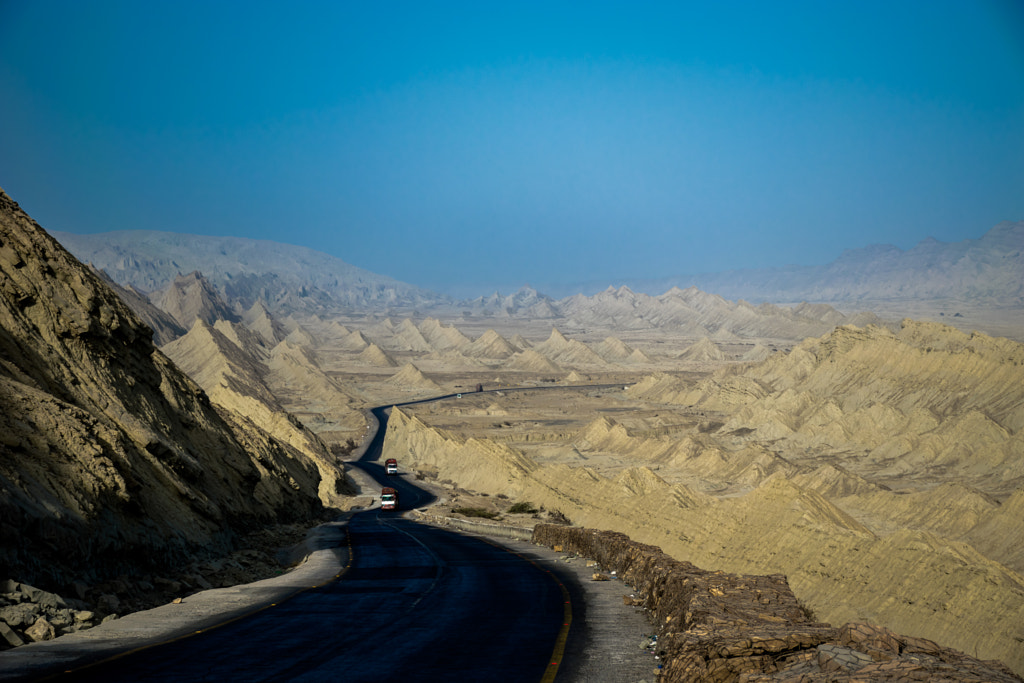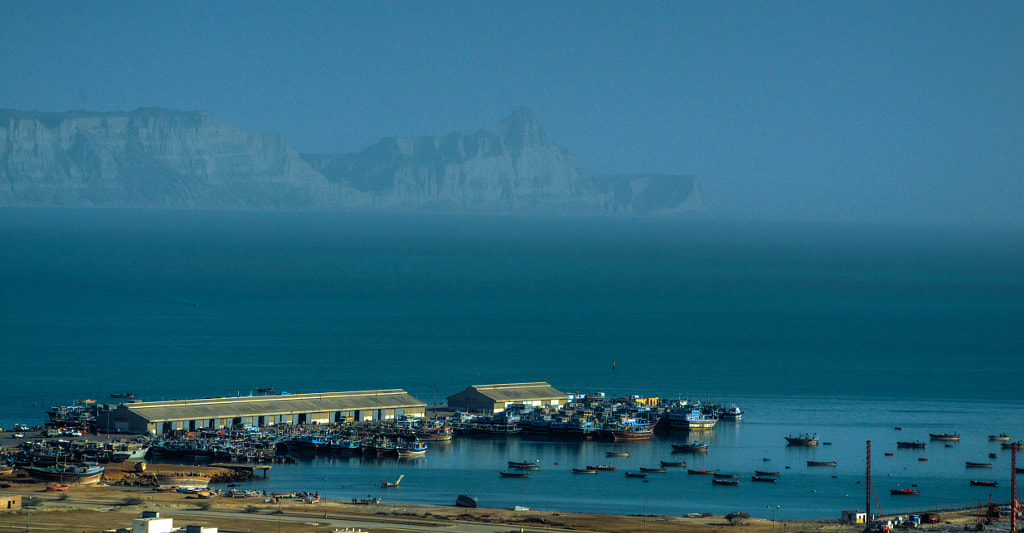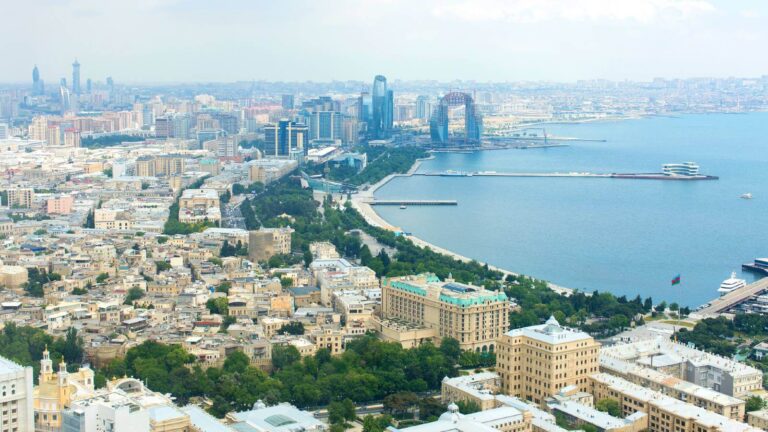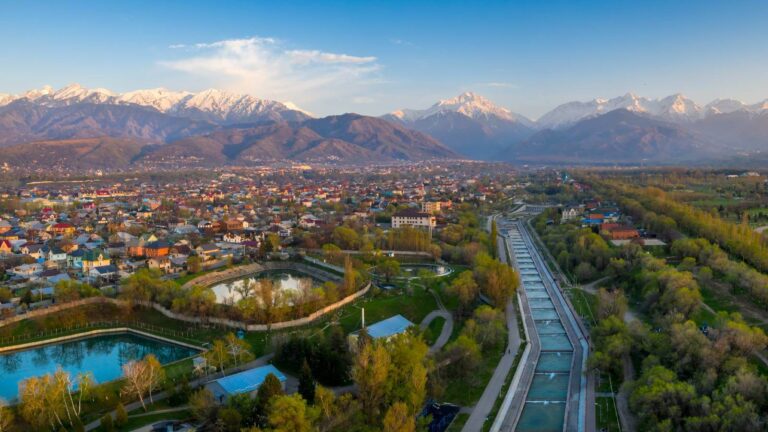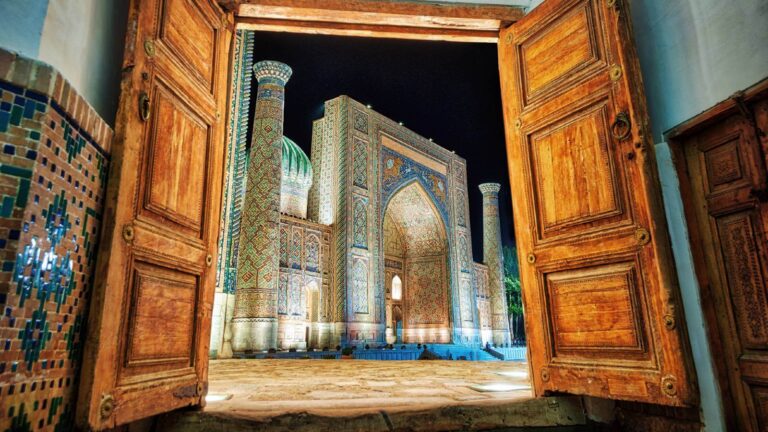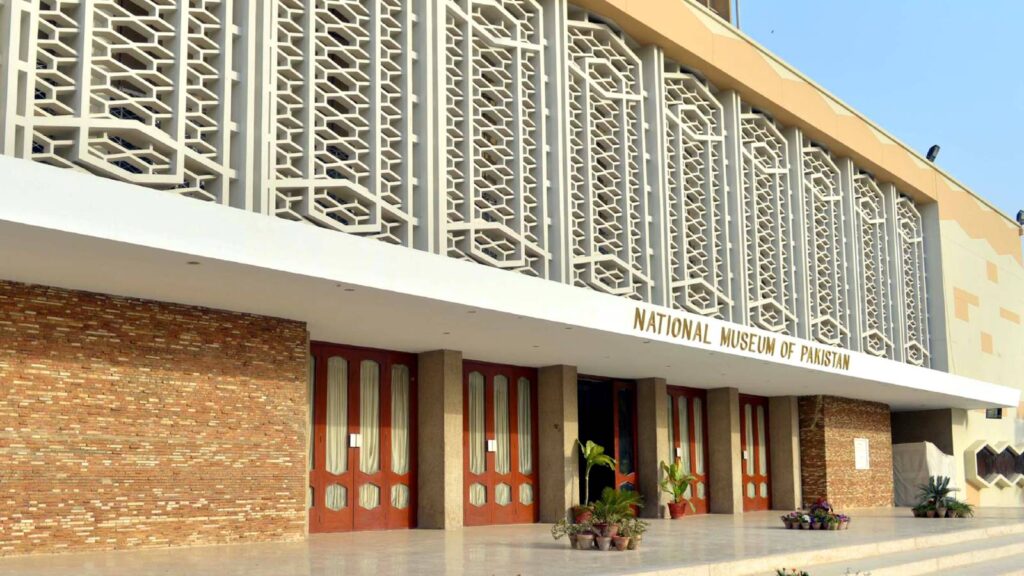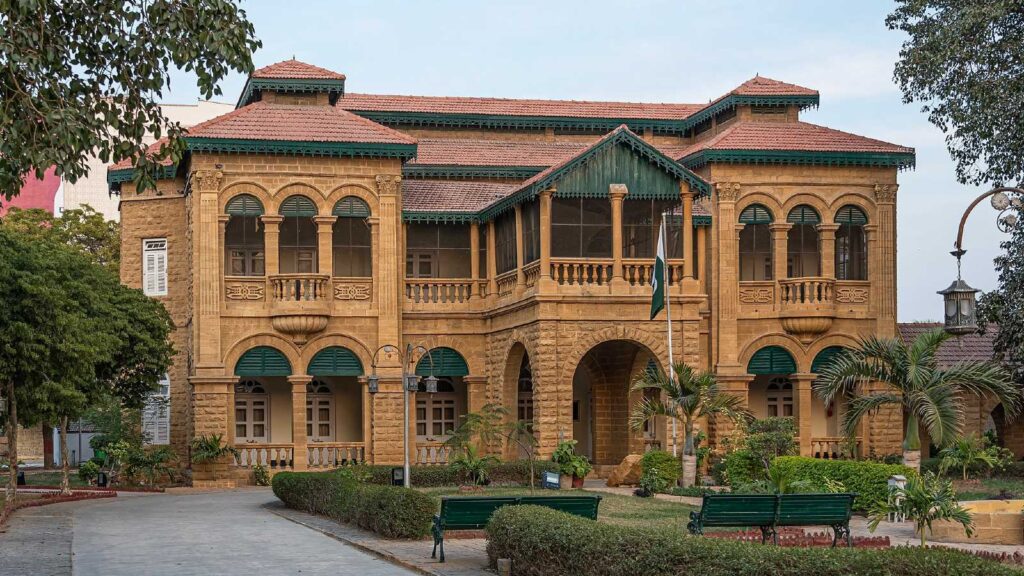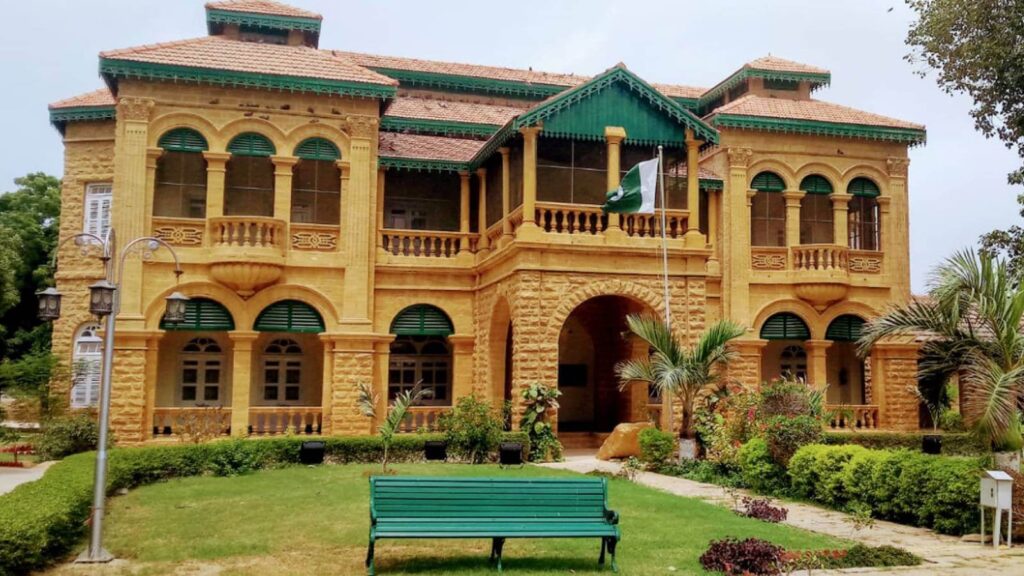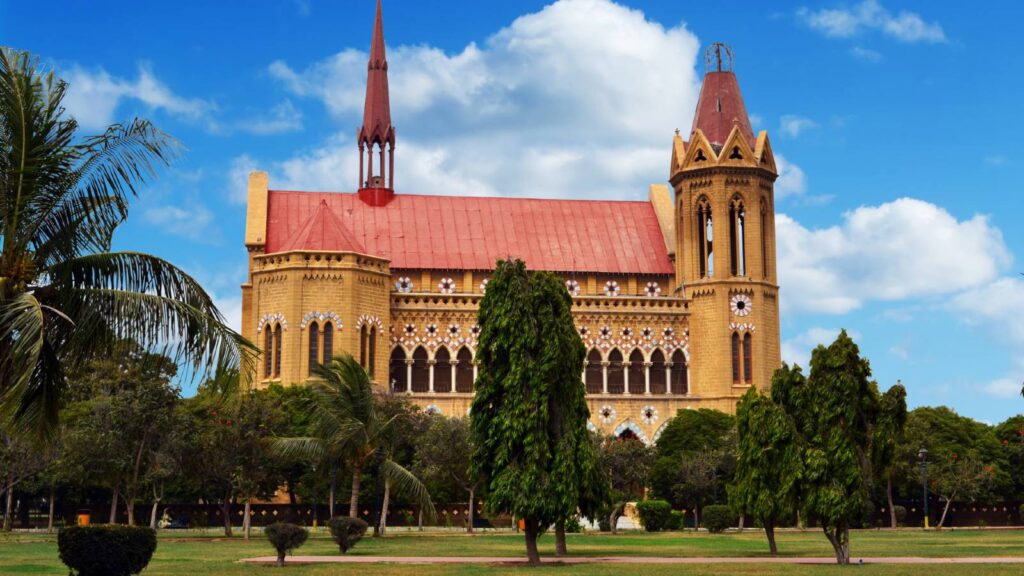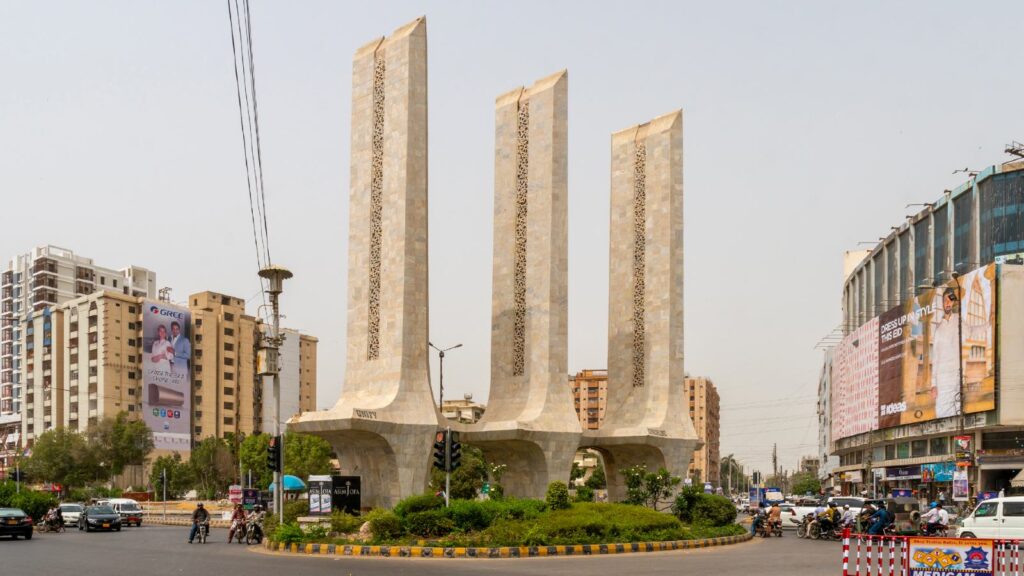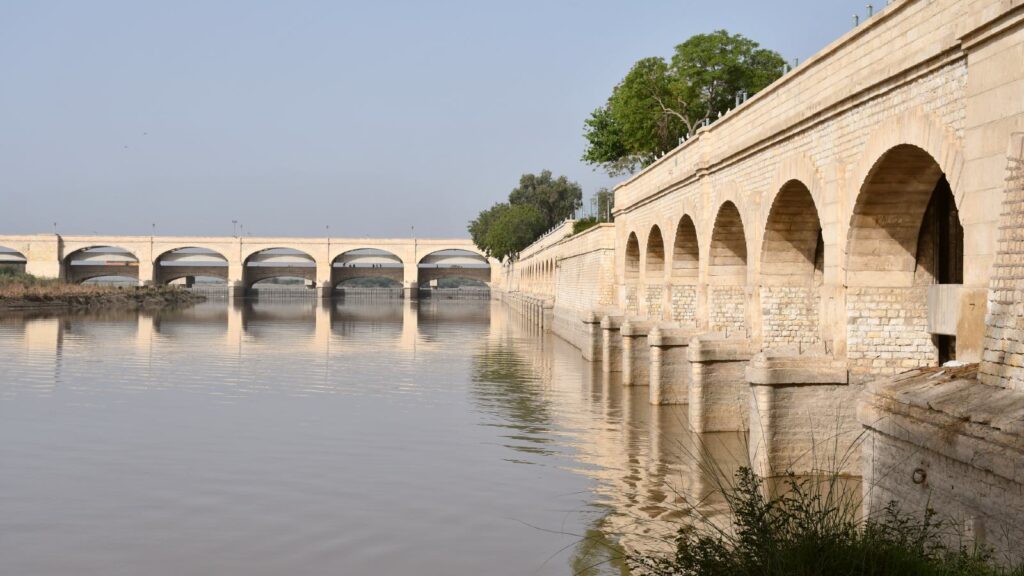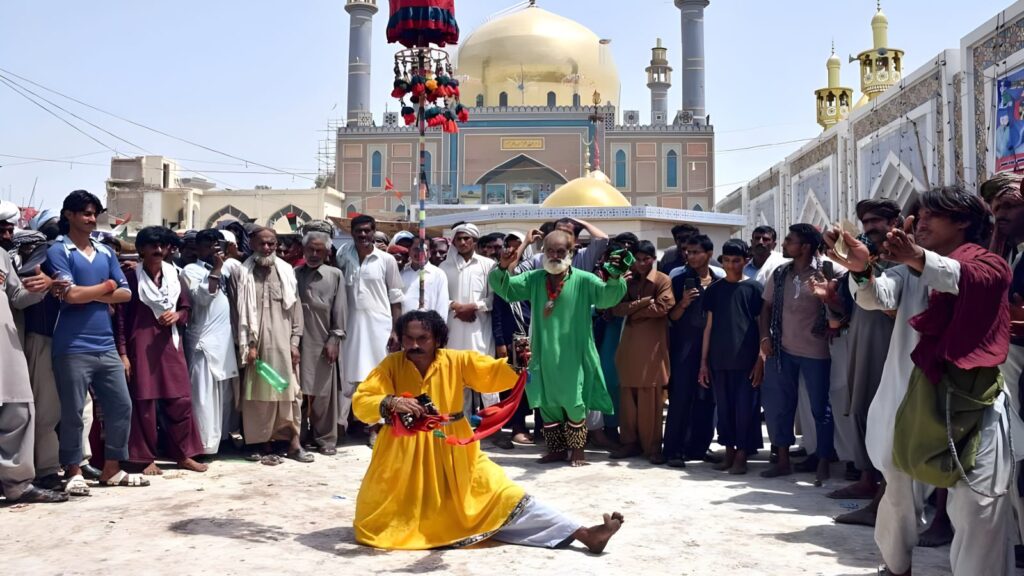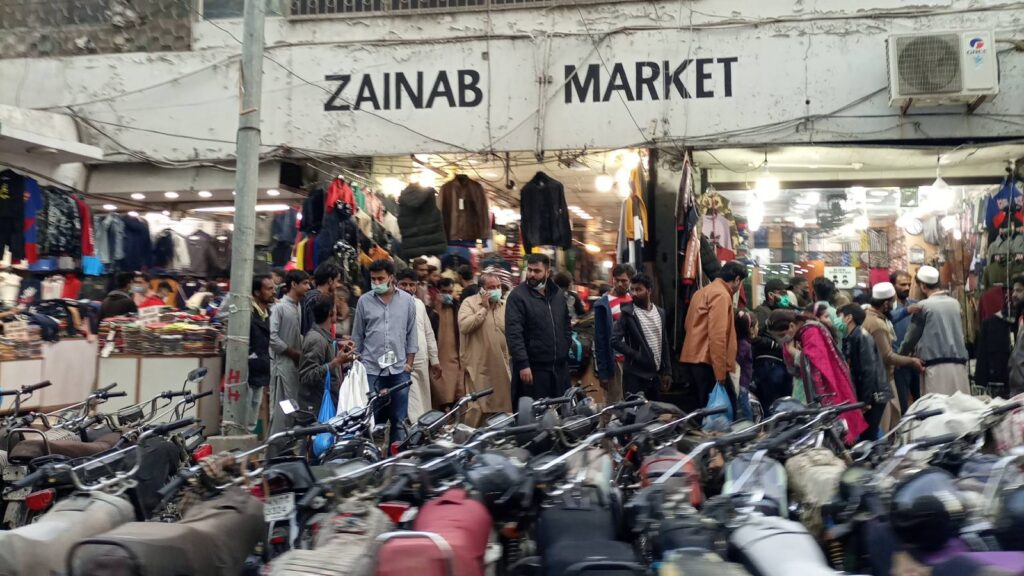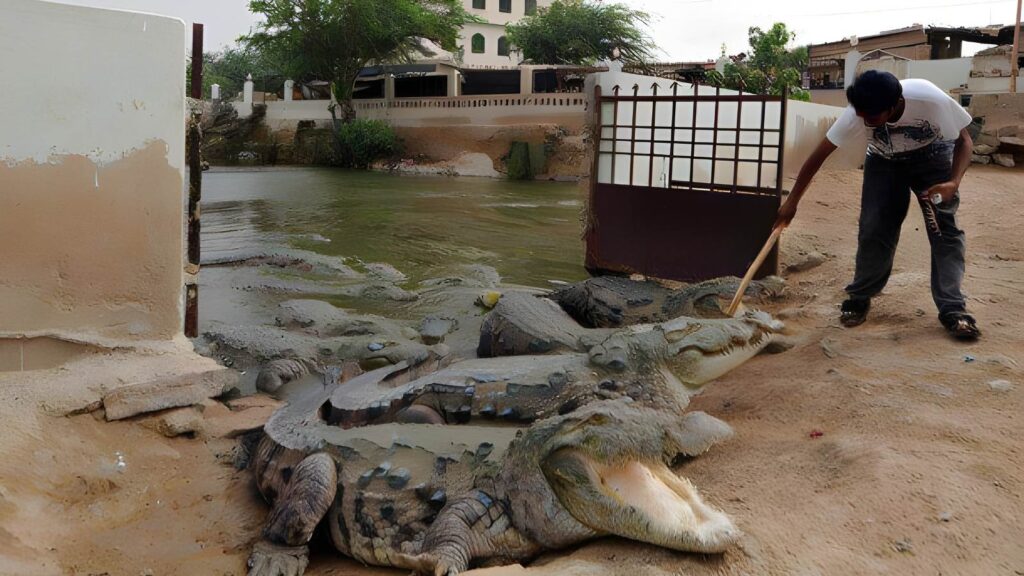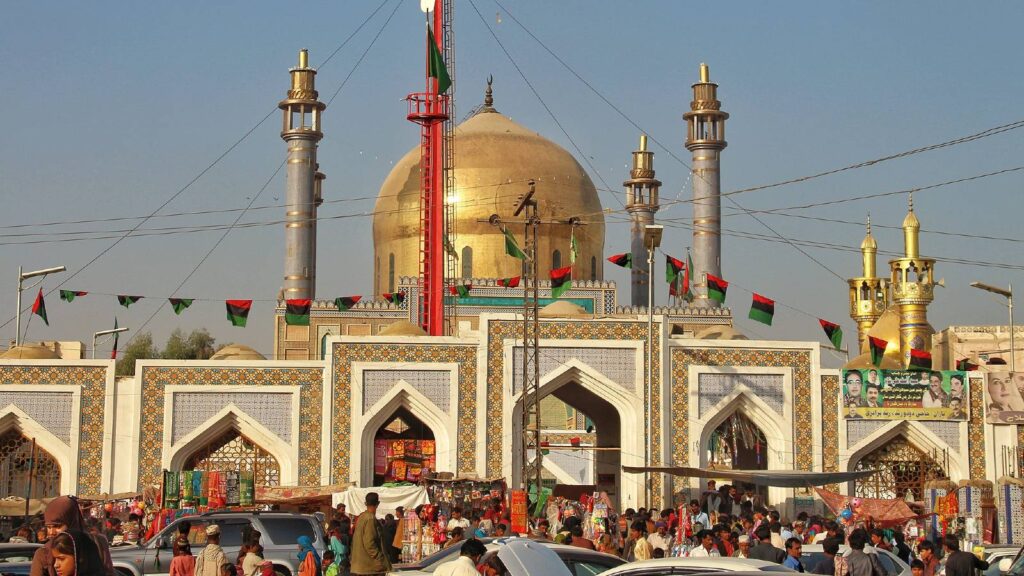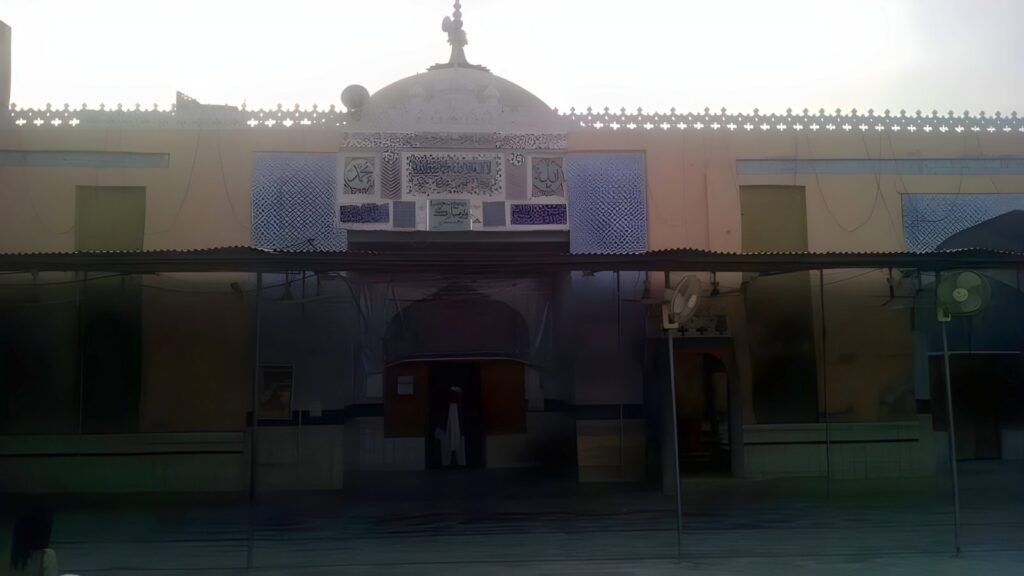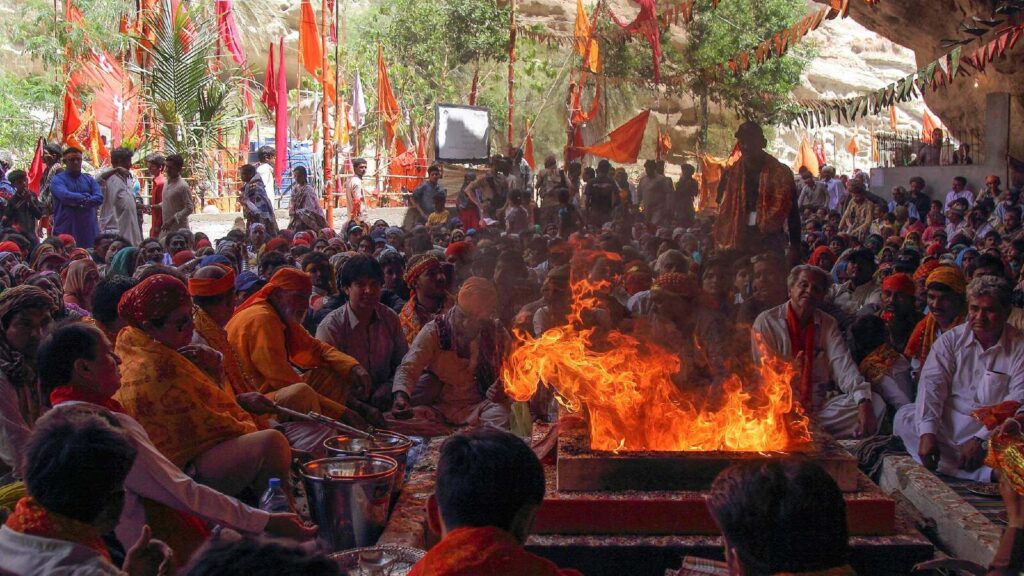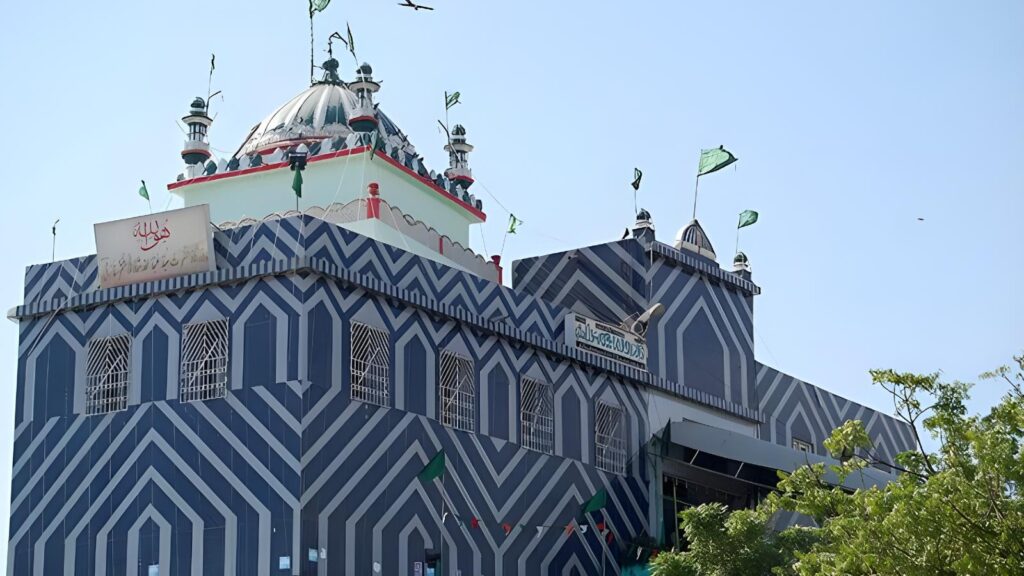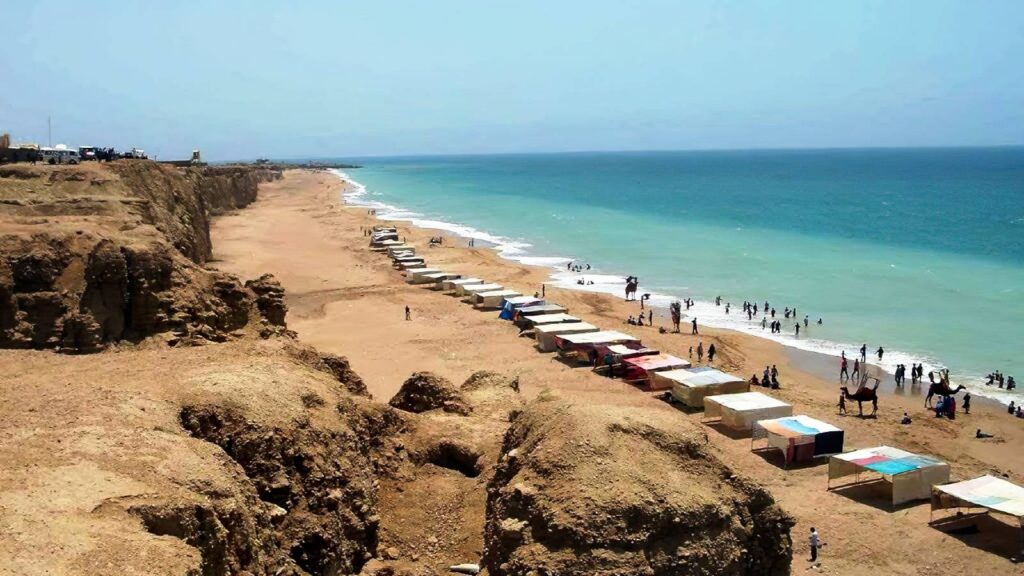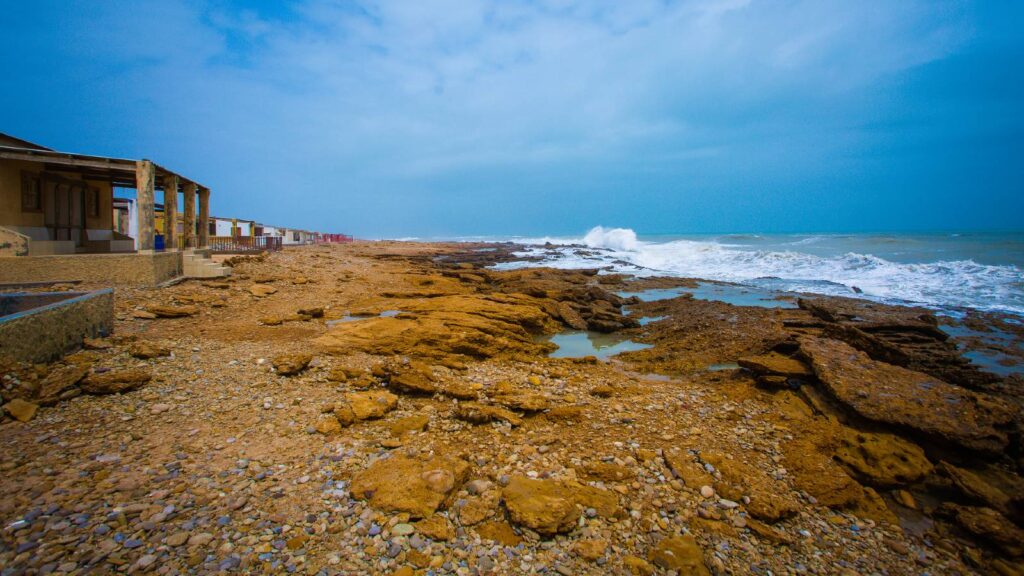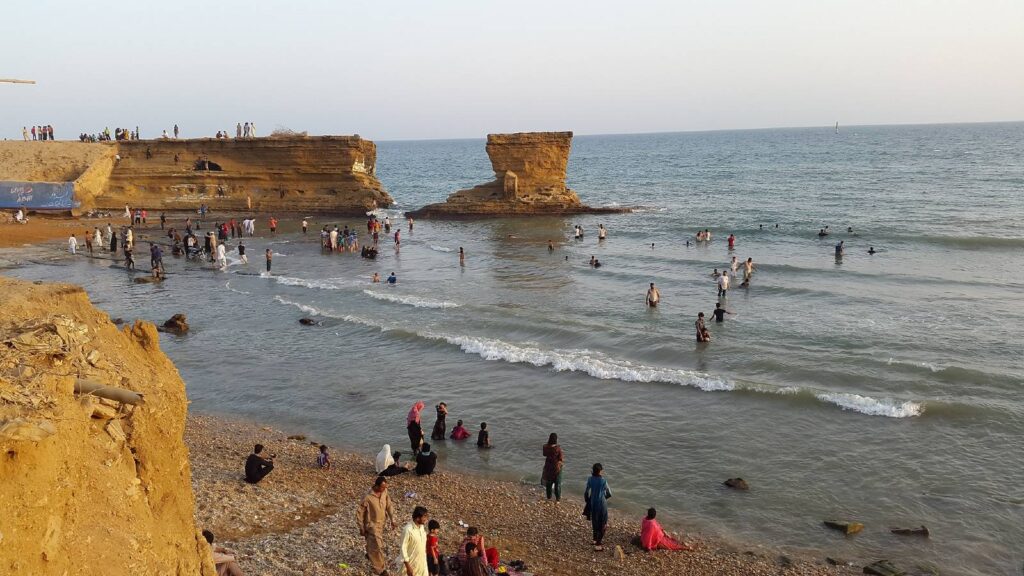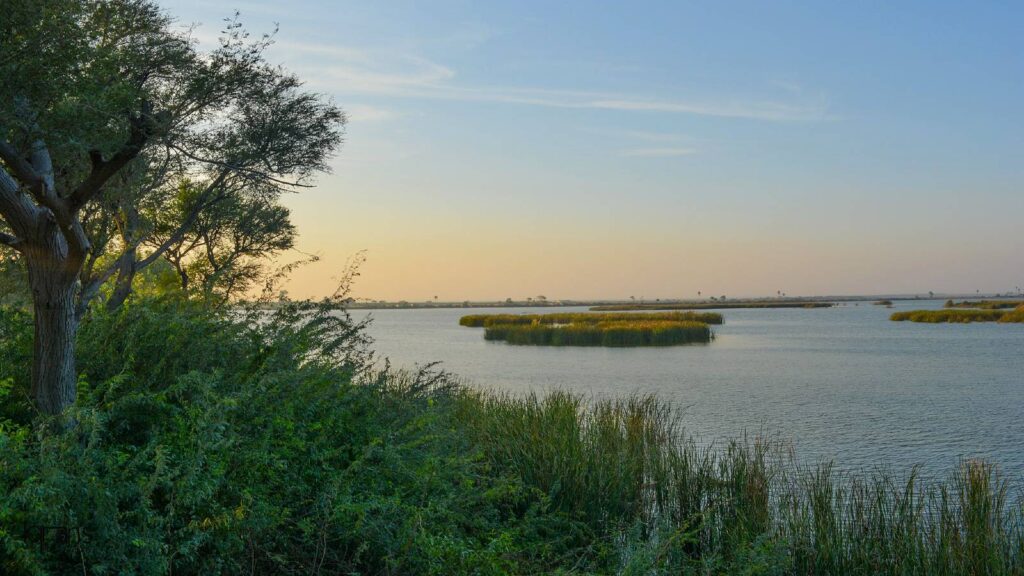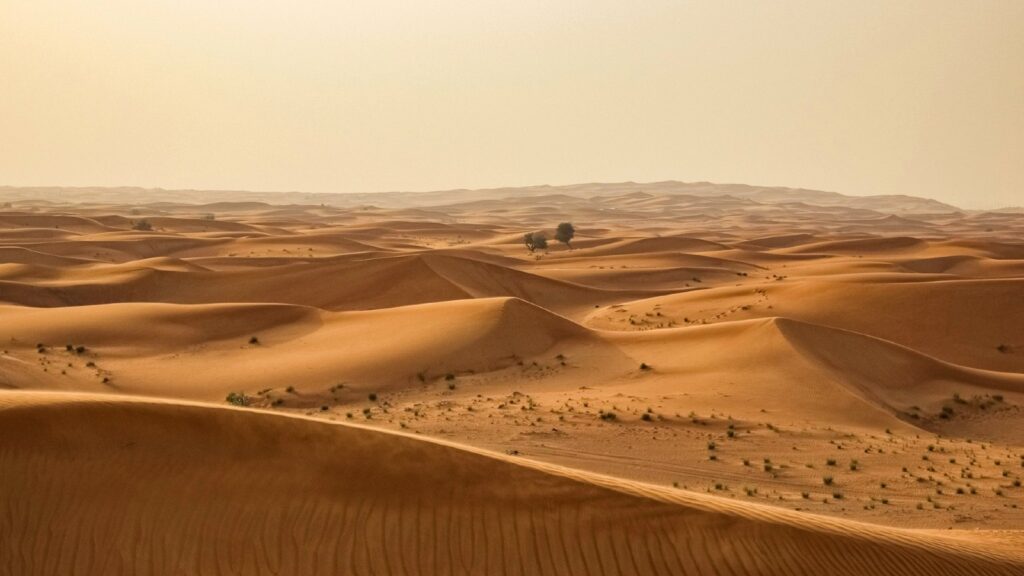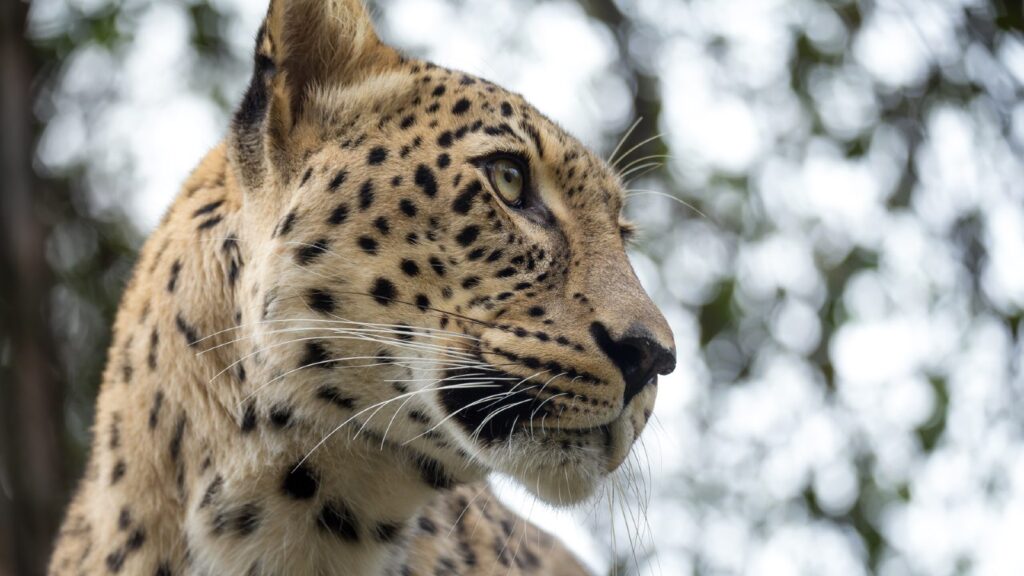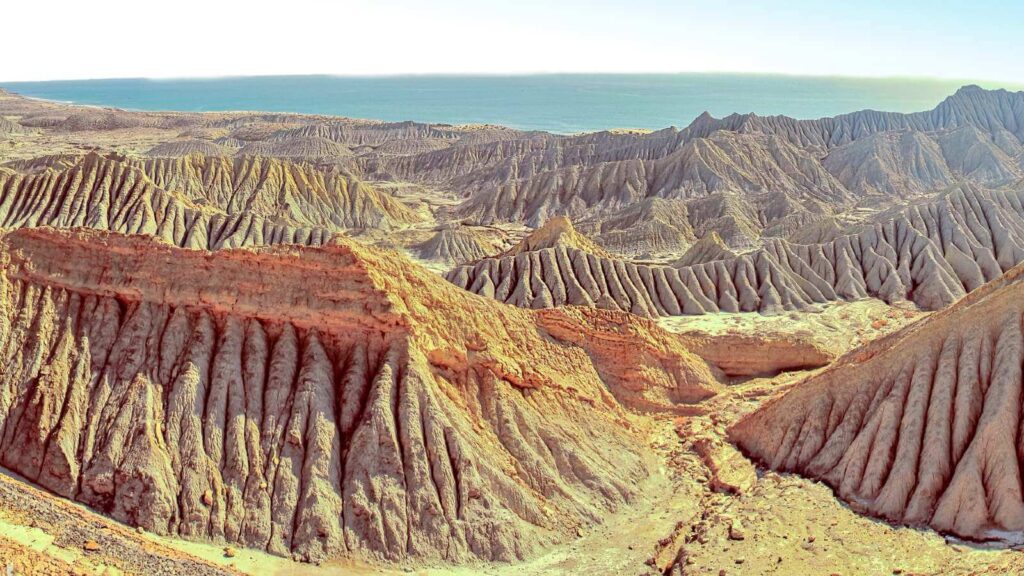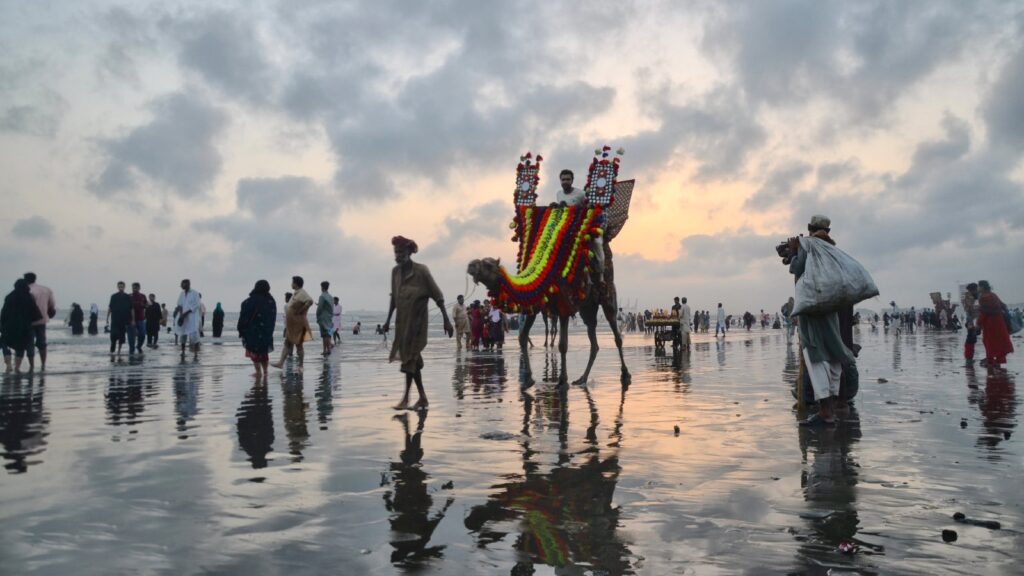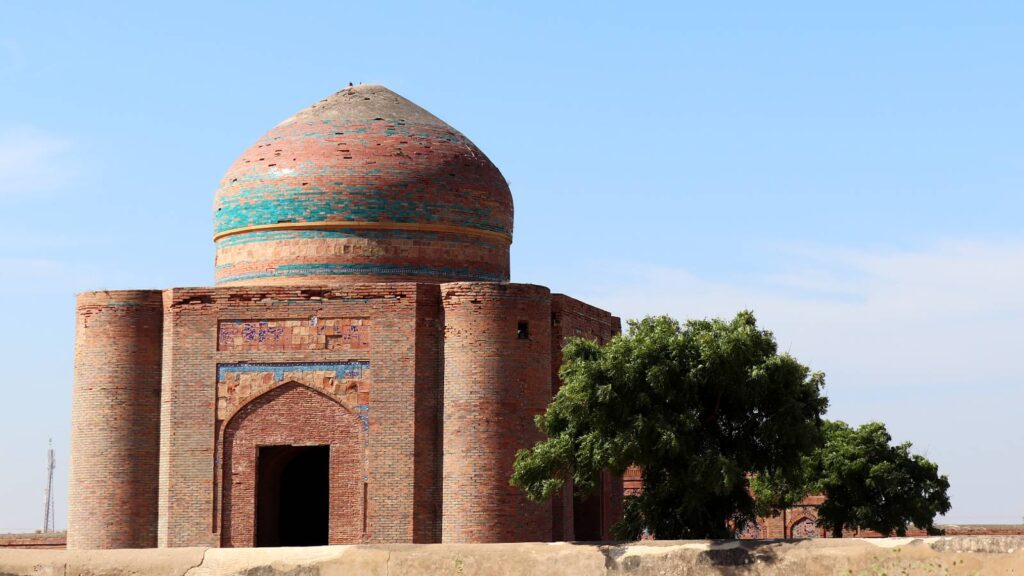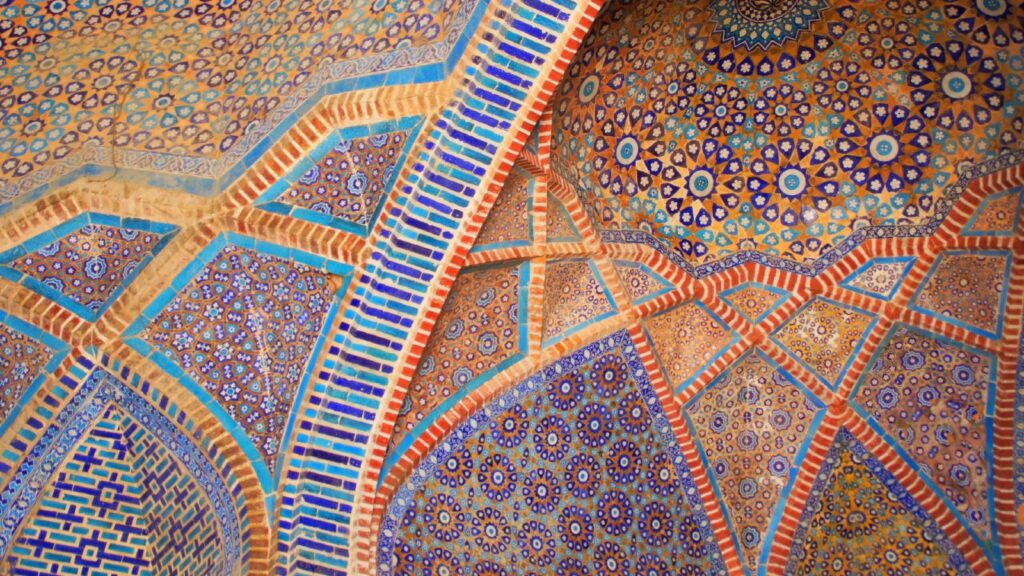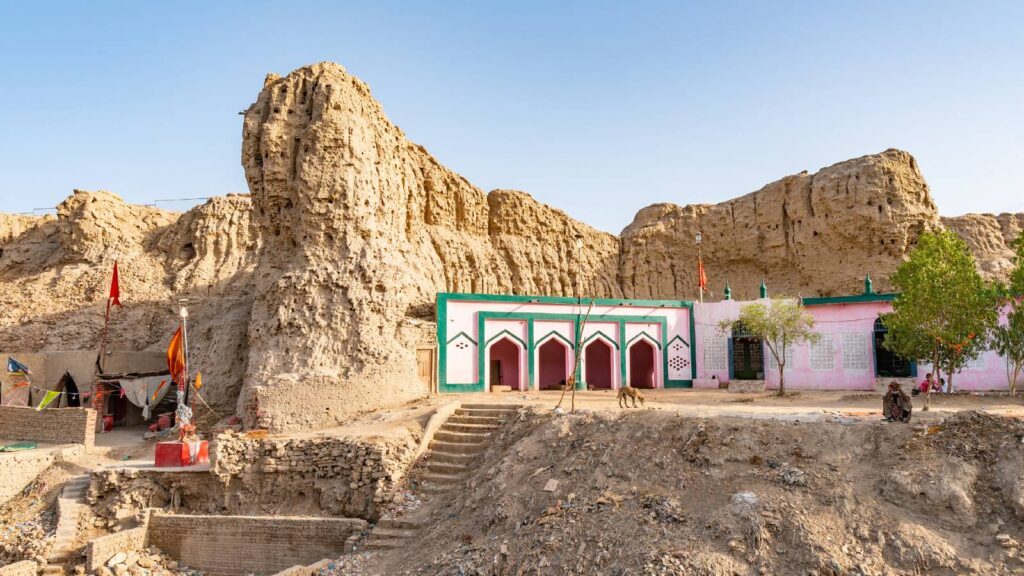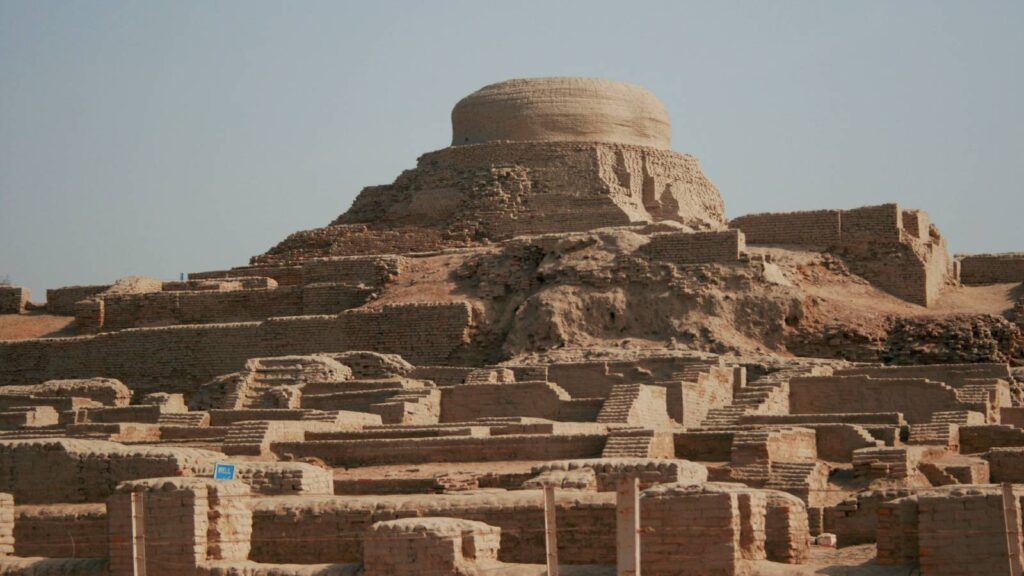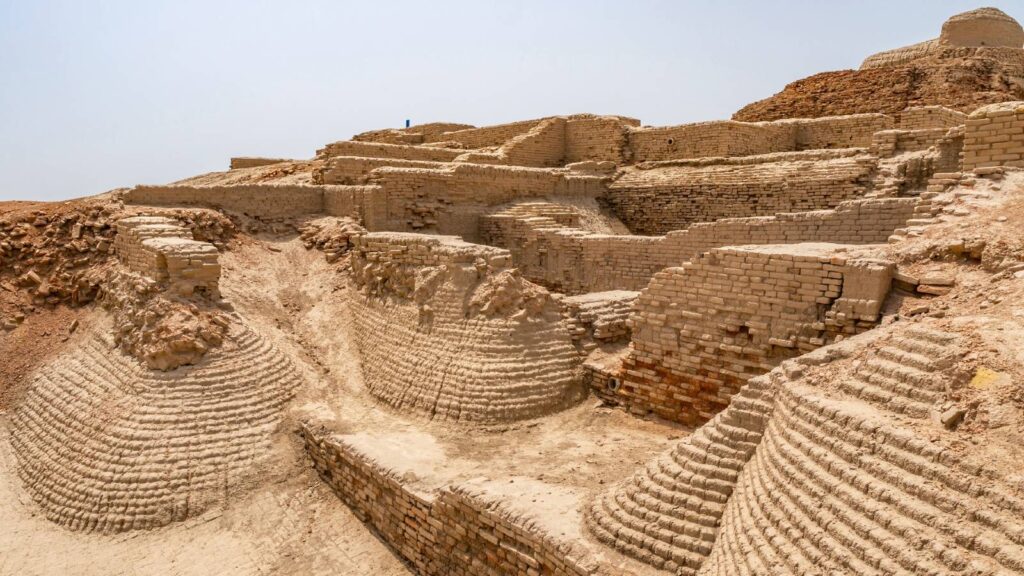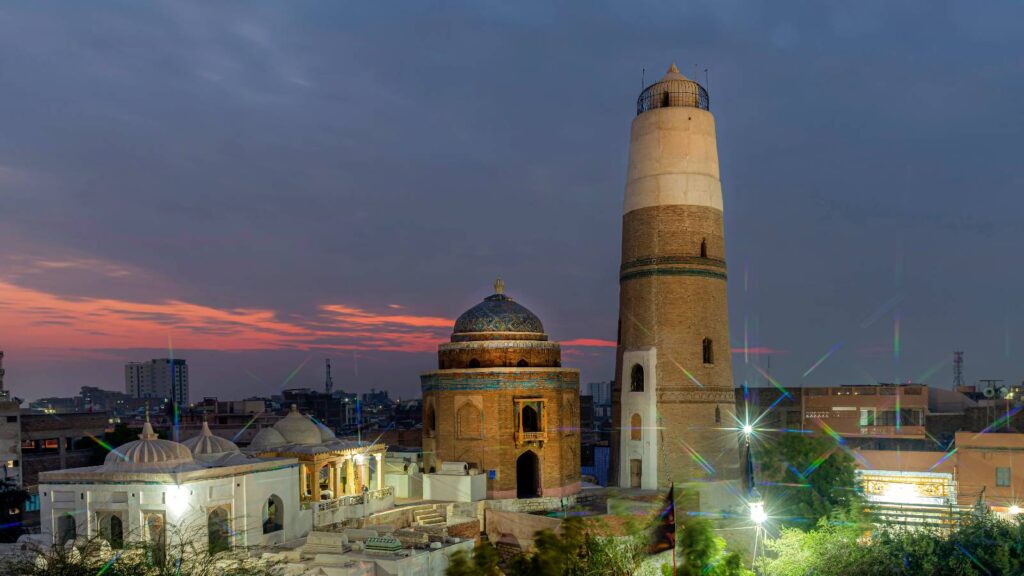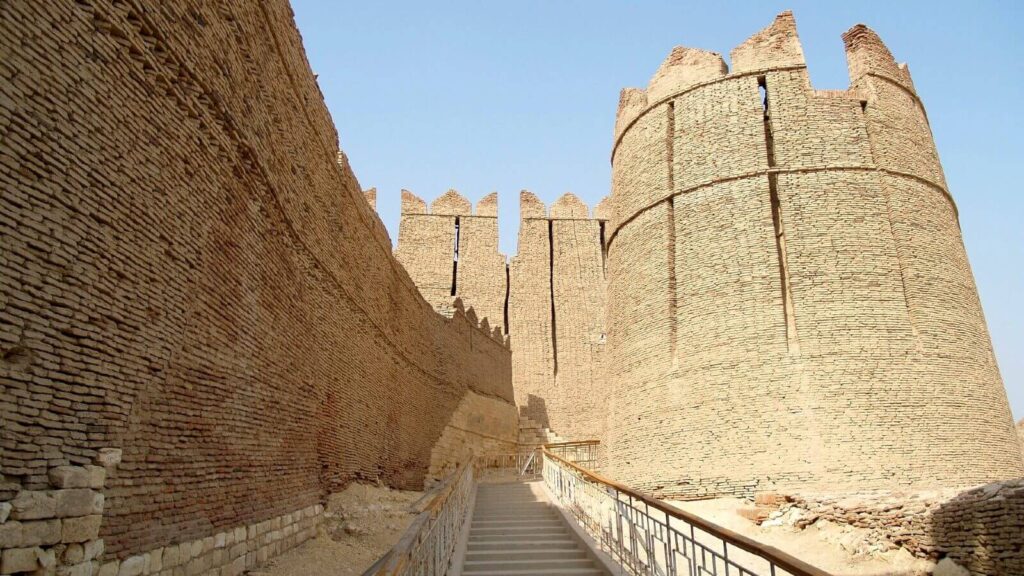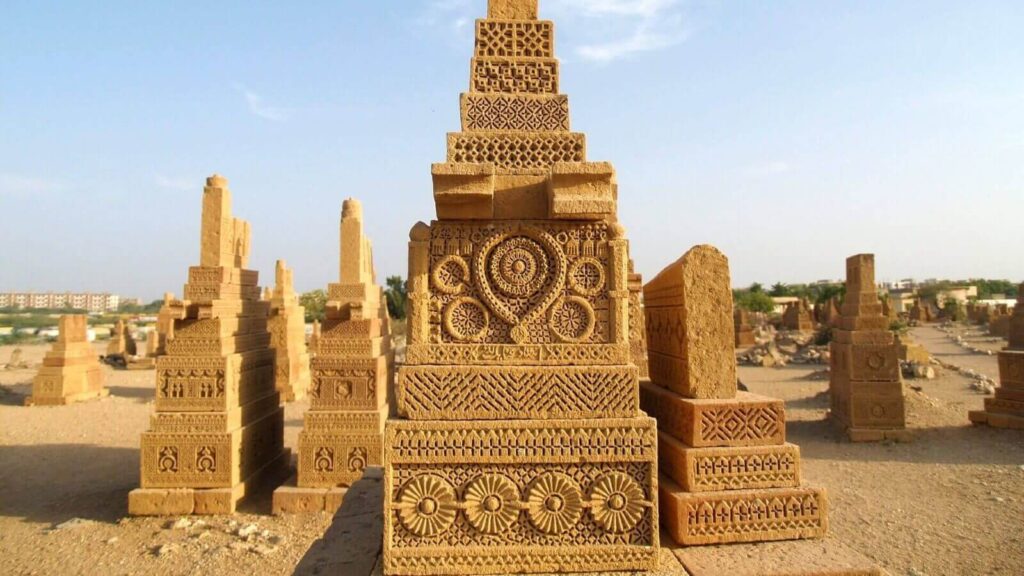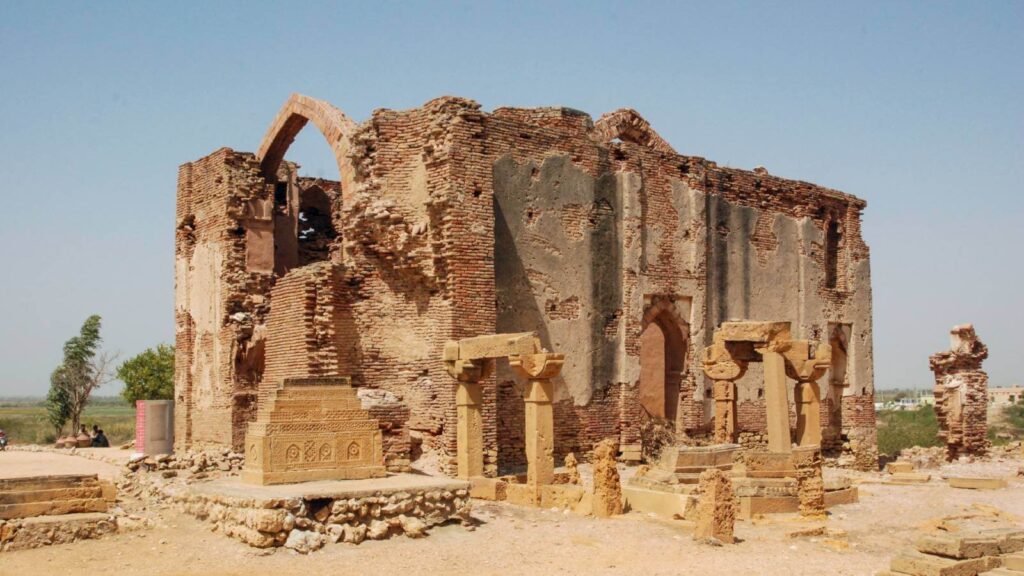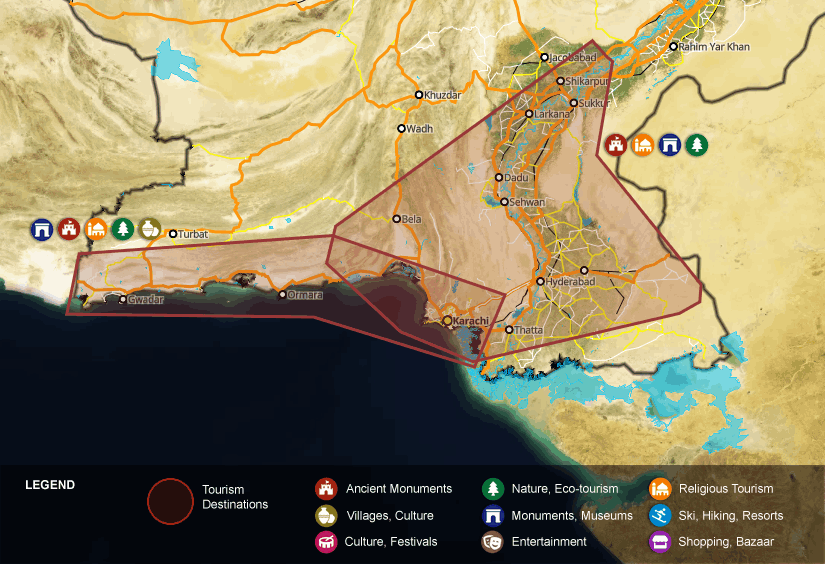
From Sukkur to Karachi
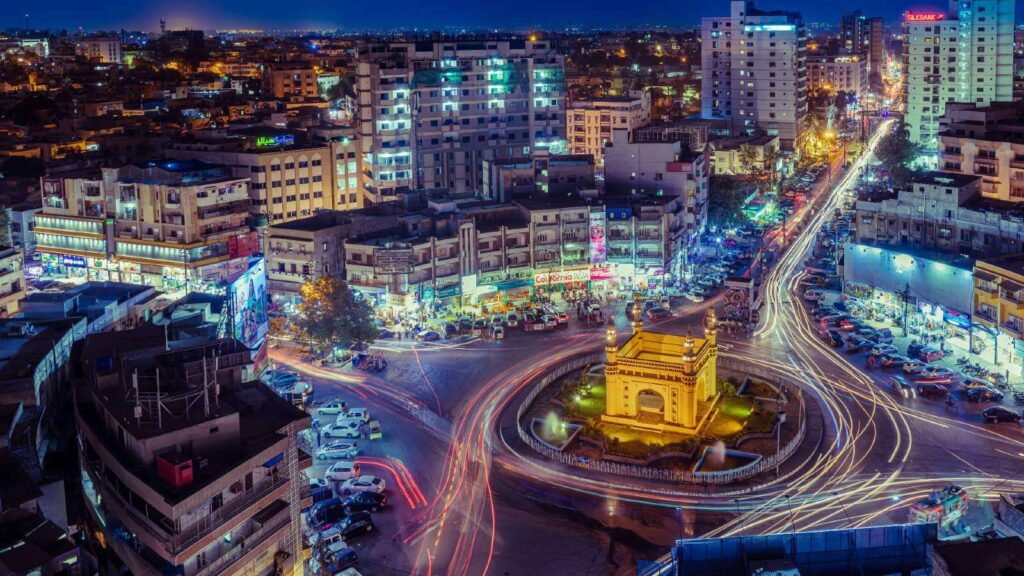
From Karachi to Gwadar
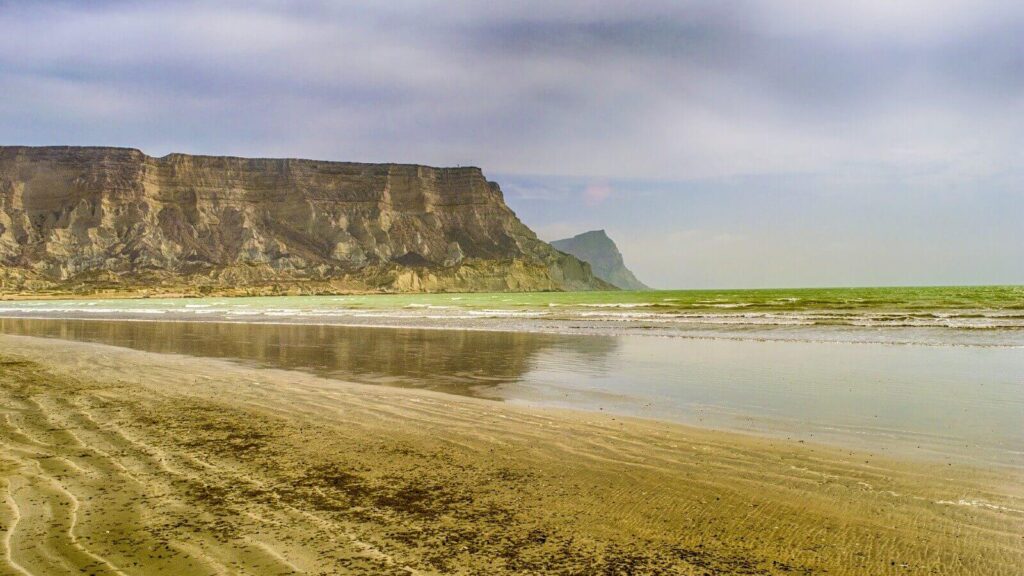
History and Culture
The human history of the Gold Coast begins with Paleoloithic and Mesolithic societies in the Mulri Hills near Karachi. These were hunter-gatherers who made simple tools from flints. By the Bronze Age in the 3rd millennium BC, the Indus Valley Civilisation was flourishing: they built sophisticated urban settlements including Lakhan-jo-daro, which covers a 300-hectare site near Sukkur.
Natural harbours along the coastline were settled early on, in particular near river mouths. Alexander the Great sailed his fleet into Krokola, and this area was well known to the Ancient Greeks. Ports such as this were a vulnerability – the Arab conquest of Sindh also came via the port of Debal – and so a line of fortifications was built along the coast for defence against future incursions.
Some of the Gold Coast’s most remarkable sites date from the 18th and 19th centuries when the region had developed strong trading ties with the Gulf states, in particular Oman; and with British India. When the Indus River changed course in the 1750s, it necessitated the foundation of a new capital, Hyderabad, and subsequently the construction of a mighty fortress and shrines. The East India Company established a trading post at Karachi and later seized direct control of the city, which still has some of the most attractive colonial architecture in Pakistan.
The partition of India and Pakistan in 1947 had a devastating effect on communities on both sides of the border. Sukkur’s Hindu population fell from 70% to 2% in that decade, Hyderabad experienced a similar exodus, and Karachi became the first capital of newly independent Pakistan. It would remain the seat of political power until1959.
What to See and Do
The likelihood is that you will fly into Karachi, and Pakistan’s largest city certainly has much to dazzle tourists. The National Museum of Pakistan and Mohatta Palace both house fascinating art collections in fabulous buildings, and it is also possible to visit Wazir Mansion, the birthplace of Pakistan’s founding father, Muhammad Ali Jinnah.
For a better understanding of Pakistan’s history, you need to travel inland. Visiting the shrines of Sadh Belo and Masum Shah in Sukkur casts light on the Hindu and Muslim cultures which flourished side by side prior to partition, and the Tombs of Talpur Mirs in Hyderabad are some of the grandest monuments around. If you are fortunate you will hear recitations of Sufi poetry, as Sindh has long been a centre of Sufi Islam.
Wherever you travel on the Gold Coast, put meals high on your agenda. Gwadar is famed for its halva, a sticky sweet; the food scene in Karachi reflects its multicultural population; and in Hyderabad the street food is a feast.
